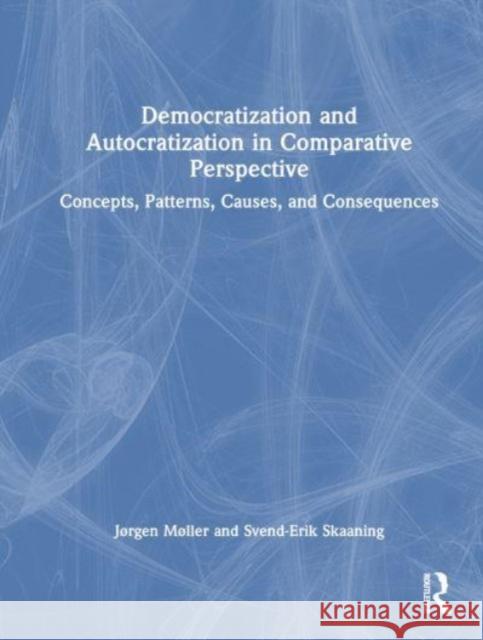Democratization and Autocratization in Comparative Perspective » książka
topmenu
Democratization and Autocratization in Comparative Perspective
ISBN-13: 9781032348988 / Twarda / 2023 / 376 str.
Democratization and Autocratization in Comparative Perspective
ISBN-13: 9781032348988 / Twarda / 2023 / 376 str.
cena 757,61
(netto: 721,53 VAT: 5%)
Najniższa cena z 30 dni: 680,04
(netto: 721,53 VAT: 5%)
Najniższa cena z 30 dni: 680,04
Termin realizacji zamówienia:
ok. 16-18 dni roboczych.
ok. 16-18 dni roboczych.
Darmowa dostawa!
This book provides balanced, critical, and comprehensive coverage of the theories and realities of autocratization and democratization. .











